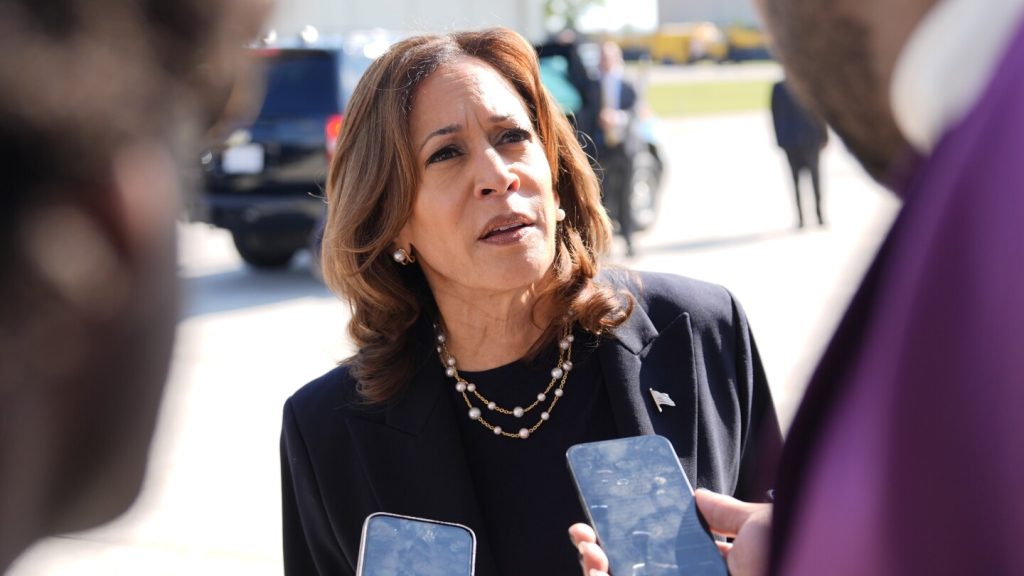Kamala Harris’ approach to media engagement in the 2024 presidential campaign has raised questions about the role of journalists as gatekeepers. While Harris has not given interviews or engaged much with reporters since becoming the Democratic nominee, her campaign staff has now indicated that she will be sitting down for an in-depth interview by the end of the month. This change comes as her opponent, former President Donald Trump, has criticized her lack of media availability.
The landscape for candidate interviews has evolved in modern presidential campaigns, with an increased emphasis on controlling the message. Interviews and news conferences are seen as potentially risky because candidates can be challenged with unexpected questions that may disrupt their carefully crafted messaging. With the rise of social media and other communication platforms, campaigns have more control over their message, leading to a shift in the value and perception of traditional interviews.
Harris’ late entry into the race means she bypassed the traditional vetting process by voters and journalists, which typically plays a significant role in the early stages of a nomination fight. The New York Times has called for Harris to be more available to speak about her record and plans, emphasizing the importance of transparency and accountability in leadership. The editorial board has requested an interview with Harris, but has not yet received a response.
Both Harris and her predecessor, Joe Biden, have faced criticism for their limited media availability. While Biden has increased his interviews and press conferences in response to public demand, Harris has faced scrutiny for her avoidance of media engagements. The contrast between Biden’s accessibility and Trump’s frequent interviews with friendly media outlets highlights the importance of engaging with a variety of journalists and media platforms.
Despite the changing media landscape and the emphasis on controlled messaging, interviews still hold importance for undecided voters who seek direct engagement from candidates. While campaigns may prefer to control their message through other means, including social media and rallies, direct interviews provide voters with an opportunity to hear directly from candidates and make informed decisions. The balance between controlled messaging and public accountability remains a key issue in modern political campaigns.
Overall, the evolving dynamics of media engagement in political campaigns reflect a broader shift towards controlled messaging and limited direct interaction with journalists. As candidates prioritize their campaign strategies, the role of journalists as gatekeepers may continue to diminish, raising questions about transparency and accountability in the political process. Harris’ upcoming interview represents a significant moment in her campaign, highlighting the ongoing debate over media access and public scrutiny in presidential politics.


